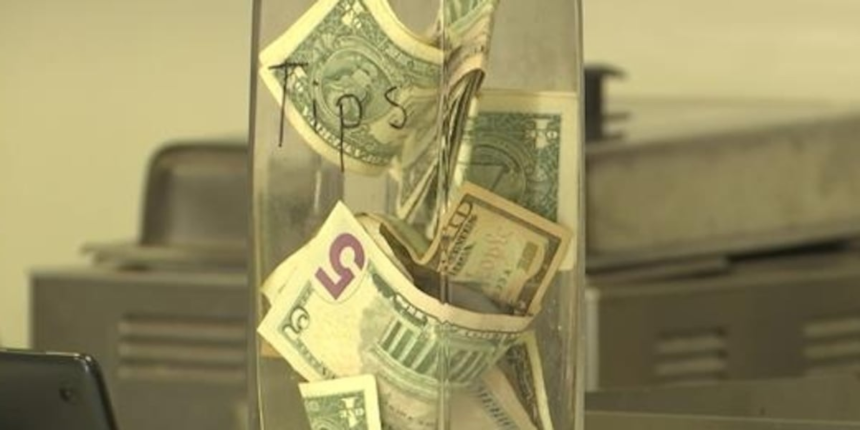In a significant development for workers in the service industry, the U.S. Treasury and the Internal Revenue Service (IRS) have unveiled a preliminary list of occupations that may qualify for tax-free tips under the newly enacted One, Big, Beautiful Bill Act (OBBB Act). This groundbreaking legislation allows individuals working in certain jobs, where tipping has been a customary practice prior to December 31, 2024, to potentially exempt their tip income from federal income tax.
The list prominently features various positions within the service and hospitality sectors. Notable occupations included are waiters, bartenders, baristas, and hotel personnel such as bellhops and housekeepers. Additionally, taxi and rideshare drivers, hairdressers, nail technicians, and massage therapists are also on the roster. The creative industry is represented with wedding photographers, DJs, and tour guides. Even golf caddies and social media creators find their place in this evolving tax structure.
Each job outlined in the preliminary list comes with a specific code and description, underscoring the granular approach taken by the government. This categorization is drawn from historical data indicating the frequency of tips received by individuals in these roles.
However, it’s important to note that the new regulation does not extend to workers in healthcare, sports, or the performing arts. Consequently, professions such as nursing, athletics, acting, and music performance are excluded from this tax relief initiative.
The preliminary list is not yet definitive. The government has indicated that an official version will be published in the near future, following a period for public comment. This engagement allows stakeholders to provide input before the final determination of eligible occupations is made.
Spanning over 100 job titles, the document features detailed descriptions and examples, reflecting the wide-ranging nature of service-oriented employment. Interested parties can access the full preliminary list and anticipate updates after the public commentary phase concludes.
As the details unfold, more regulations and guidelines regarding this tax-free tipping initiative will be introduced, paving the way for a significant change in how tip income is perceived and taxed moving into the 2025 tax year.







